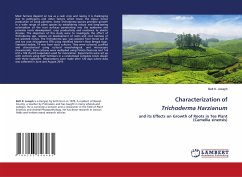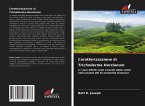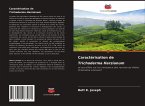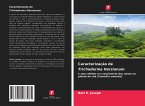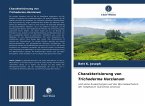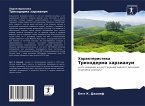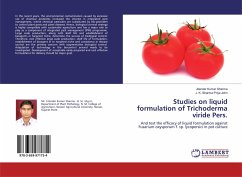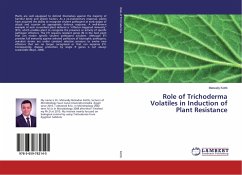Most farmers depend on tea as a cash crop and raising it is challenging due to pathogens and other factors which lower the vigour hence production of weak plantlets. Some Trichoderma species promote growth in a wide range of plant species by establishing robust and long-lasting colonization of the root surfaces penetrating into the epidermis and promote roots development; crop productivity and resistance to abiotic stresses. The objectives of this study were to investigate the effect of Trichoderma spp. isolates on development of roots and root biomass of ten selected clones. The Trichoderma spp. was isolated from forest soil (F) and tea root rhizospheres (TR) using modified Martin's Rose Bengal Agar. Standard isolate, T4 was from stock cultures. They were cultured, purified and characterized using cultural morphological, and microscopic characteristic. Pure cultures were multiplied using Potato Dextrose and 1ml (2.0 x 106 cfu/ml) suspension used for inoculation. Experiments wereset up with controls using DAP fertilizers in a randomized complete block design with three replicates. Observations were made after 120 days where data was collected in June and August 2019.
Bitte wählen Sie Ihr Anliegen aus.
Rechnungen
Retourenschein anfordern
Bestellstatus
Storno

